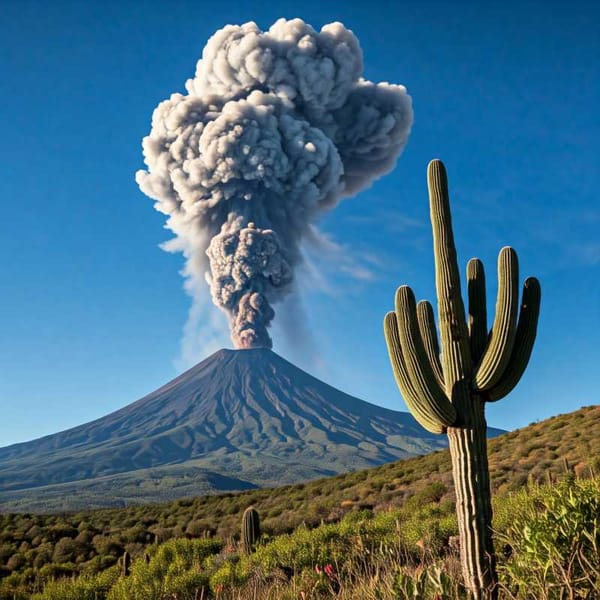Darwin, Wallace, and the Synchrony of Scientific Minds
In the mid-19th century, Charles Darwin and Alfred Russel Wallace independently converged on groundbreaking theories of evolution. Darwin's “The Origin of Species” challenged prevailing paradigms and laid the foundation for modern biology.

In the mid-19th century, the very essence of our understanding of existence teetered on the brink of revolution. Enter November 24, 1859, a day that marked the unveiling of what could arguably be described as mankind's most groundbreaking publication: The Origin of Species by Charles Darwin. The pages of this most important work were not just a fresh narrative but a radical seismic shift that would challenge deeply entrenched religious beliefs and lay down the foundation of our modern understanding of nature and its myriad inhabitants.
Yet, the intriguing mechanism of biological evolution as elucidated by Darwin was yet to make its public debut. These thoughts, which Darwin had meticulously gathered evidence for over two decades, were still safely ensconced within the confines of his mind. To him, these ideas were revolutionary, even bordering on heresy considering the dominant Christian beliefs of the era.




